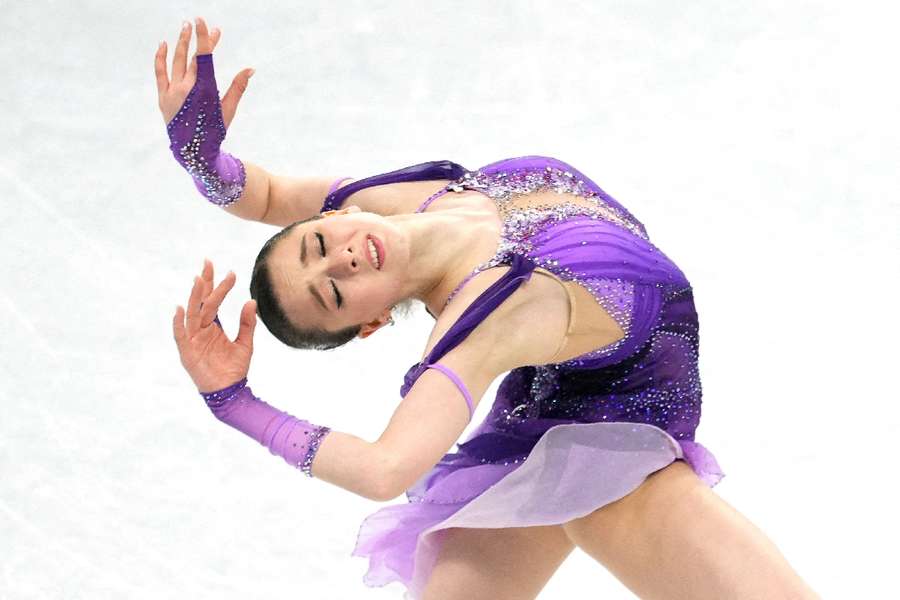Russian anti-doping agency hoping for fair ruling in figure skater Valieva's case

Valieva tested positive for the banned substance trimetazidine, which prevents angina, at the Russian national championships in December 2021 as a 15-year-old.
Her team has said the positive test could have been due to a mix-up with her grandfather's heart medication.
The result of the test was only made known a day after she helped the Russian Olympic Committee (ROC) win the team gold at the Beijing Winter Olympics in February 2022.
"The hearings are long, running six hours yesterday, but we really hope everything will end today," RUSADA said in a statement.
"Like all other participants in these proceedings, we are expecting a fair ruling by the court."
The Lausanne-based CAS, sport's highest court, began hearing the case in September but adjourned proceedings after a panel of arbitrators asked for further documentation. The proceedings, which are closed to the public, are expected to end on Friday.
RUSADA, the World Anti-Doping Agency (WADA) and the International Skating Union (ISU) are challenging a decision made by RUSADA's own disciplinary commission that found Valieva had committed a violation for which she bore "no fault or negligence".
RUSADA has said it was seeking "the appropriate consequences" for the offence, while ISU and WADA have said they want a suspension.
In addition to casting a shadow over Russia's already embattled anti-doping system, the case has angered competitors due to the major delay it has caused in the allocation of the medals for the team event at the Beijing Games.
One skater on the silver medal-winning US team, Vincent Zhou, said the case showed that the global anti-doping system was "failing athletes".
